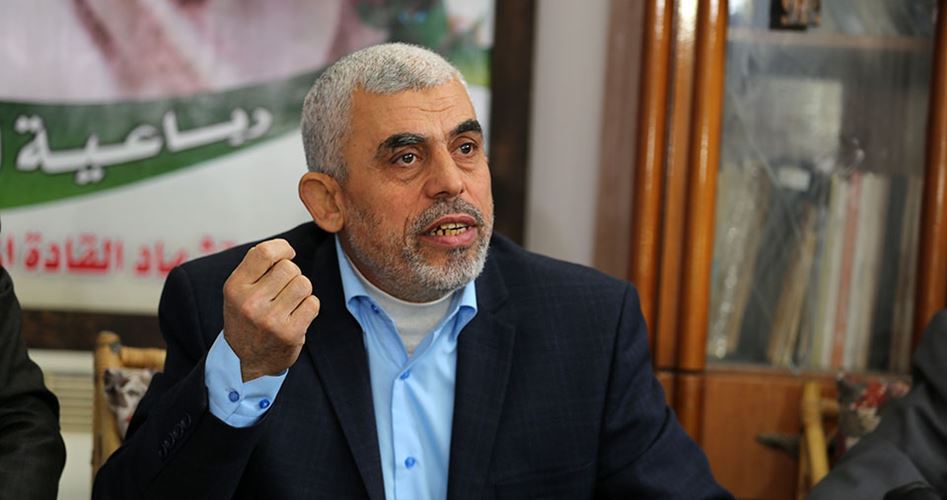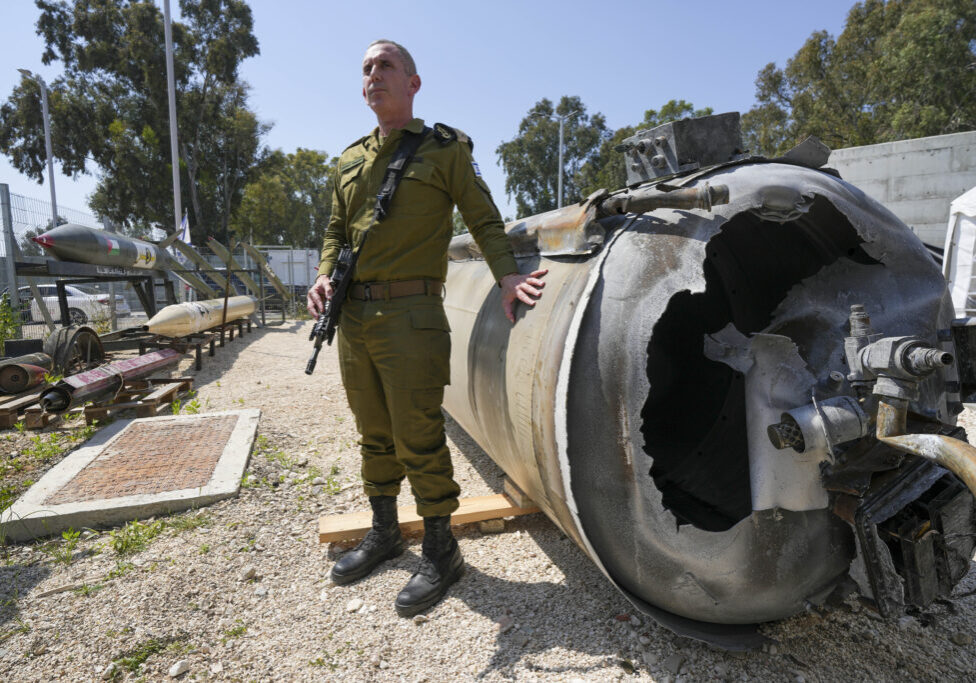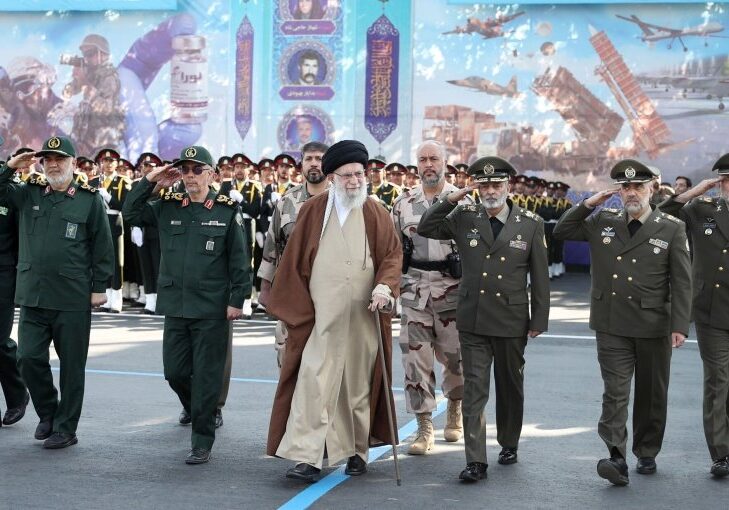Australia/Israel Review
The doomed Palestinian reconciliation plan
Oct 18, 2017 | Grant Rumley

Grant Rumley
Of the demands Palestinians often make of their leaders, reconciliation between their two largest political factions perennially tops the list. Fatah, which controls the Palestinian Authority (PA) in the West Bank, and the Islamist terror group Hamas, which wrested control of the Gaza Strip in a civil war in 2007, have waged a low-intensity conflict for over a decade. Between flare-ups, the two have often responded to the will of their people by announcing various unity agreements. None of these agreements have led to actual national harmony, and the surprise announcement on September 17 that Hamas had dissolved its administrative committee in Gaza and agreed to reconciliation is unlikely to defy the precedent.
For one, this is less about unity and more about finances. In March, Hamas announced the formation of the administrative committee, a quasi-governmental body that would ostensibly assume more functions of a state. Fatah leaders reacted with outrage, accusing Hamas of forming a shadow government that would “perpetuate the division instead of promoting reconciliation.”
Mahmoud Abbas, the leader of Fatah and the President of the PA, responded with an unprecedented show of force. He cut off payments for electricity to the Gaza Strip, effectively plunging the impoverished coastal enclave into darkness. (Hamas refuses to interact with Israel, so the PA has subsidised parts of Gaza’s electricity input since 2007.)
Abbas also slashed the salaries of his out-of-work PA employees in Gaza, cut payments for Hamas prisoners in Israeli jails, reduced medical-supply shipments, and announced that over 6,000 PA workers would be forced into early retirement. These wide-ranging sanctions were the toughest Abbas had ever levied against Hamas, let alone his own people.
From the start, Abbas made his demands of Hamas clear: dismantle the administrative committee, bring Gaza back under the PA’s control, and prepare for national elections. Hamas countered by insisting it wouldn’t budge until he rescinded his crippling sanctions. For months, the two appeared to be stuck at a familiar impasse until the sudden announcement in Cairo, where Hamas seemingly buckled to all of Abbas’ demands.
The likeliest explanation for Hamas’ sudden shift is the change in its leadership. Earlier this year, the results of the group’s secret internal elections were announced as Ismail Haniyeh, a former prime minister in the unity government of 2007, and Yahya Sinwar, a hardline leader of Hamas’ military wing, became the number one and number two leaders of the faction. Both represent a shift in Hamas’ centre of gravity from the exiled political class abroad back to the Gaza-based military leadership. Initially, their rise left many concerned that another war with Israel was inevitable. Sinwar, in particular, was a wild card: he arose within Hamas’ military wing by weeding out – and personally executing – collaborators, and played a prominent role as a military leader in the 2014 war.
Yet by all accounts, Sinwar, whose duties within the organisation involve administrating Gaza, has turned pragmatic in his time in office. Gazans live in abject poverty, endure substandard water and health conditions, and face astronomic unemployment rates. In the past, they’ve rallied behind their Hamas leaders in times of crisis, but those days seem far away. In January, over 10,000 took to the streets outside of one of Hamas’ electricity offices to protest the group’s policies. Public discontent with both Hamas and the PA is now more common, and Hamas’ new leaders have felt the pressure.
Sinwar, especially, has reached out to anyone and everyone for help. This includes Mohammad Dahlan, the former Fatah security chief in Gaza, who negotiated a deal with the Egyptians and Emiratis to get fuel and money into the Strip. That Sinwar would seemingly reconcile with Dahlan, the architect of Fatah’s bloody campaign against Hamas in the 1990s and 2000s, demonstrates the severity of Hamas’ plight.
Viewed in this light, it seemed only a matter of time until Hamas either acquiesced or sparked another war with Israel. In the past, financial pressure has caused Hamas to lash out violently. (Weeks before the 2014 war, its members raided and closed local banks in Gaza.) Yet for now, the group’s new leadership has surprisingly opted for the former, though not without attempting to stick it to their Fatah rivals. Announcing their openness to reconciliation just days before Abbas was expected to meet with President Donald Trump at the UN General Assembly put the PA leader in a bind. A similar reconciliation agreement in 2014 all but ended the John Kerry-led peace process; Abbas cannot expect the United States to agree to his negotiating terms if he’s just inked another agreement with a designated terror group.
Hamas appears to be attempting to corner Abbas. With his demands ostensibly met, Hamas will turn up the public pressure on him to ease his campaign against Gaza.
“This puts Abu Mazen [Abbas] and Fatah to the real test,” Hamas spokesman Fawzi Barhoum said.
The longer his sanctions remain in place, the more everyday Palestinians will begin to wonder why he hasn’t lifted the pressure against his own people. Abbas is likely to slow-roll his response in order to buy himself time with Trump before likely countering by insisting his demands weren’t actually met, issuing further demands he knows Hamas can’t meet, or committing to a new round of negotiations.
Either way, it’s all cosmetic at this point. Neither side will be able to bridge the ideological divide or forget their blood-soaked history anytime soon. If actual unity was possible, the two Palestinian factions would have likely found the formula in their previous agreements: Mecca in 2007, Sana’a in 2008, Cairo in 2011, Doha in 2012, Cairo again in 2012, and the Shati refugee camp in 2014.
The reality is that Hamas is unlikely to ever truly give up its military control over Gaza. The faction wants Abbas to pay for the costs of governing. Abbas wants total acquiescence and disarmament. Ultimately, there’s no middle ground here. Sunday’s announcement is just another move in a decade-long game of chess where everyday Palestinians continue to pay the price.
Grant Rumley is a research fellow at the Foundation for Defence of Democracies and co-author of the forthcoming The Last Palestinian, a book about Palestinian President Mahmoud Abbas. Reprinted from The Atlantic. © Foundation for Defence of Democracies (www.defenddemocracy.org), reprinted by permission, all rights reserved.
Tags: Fatah






